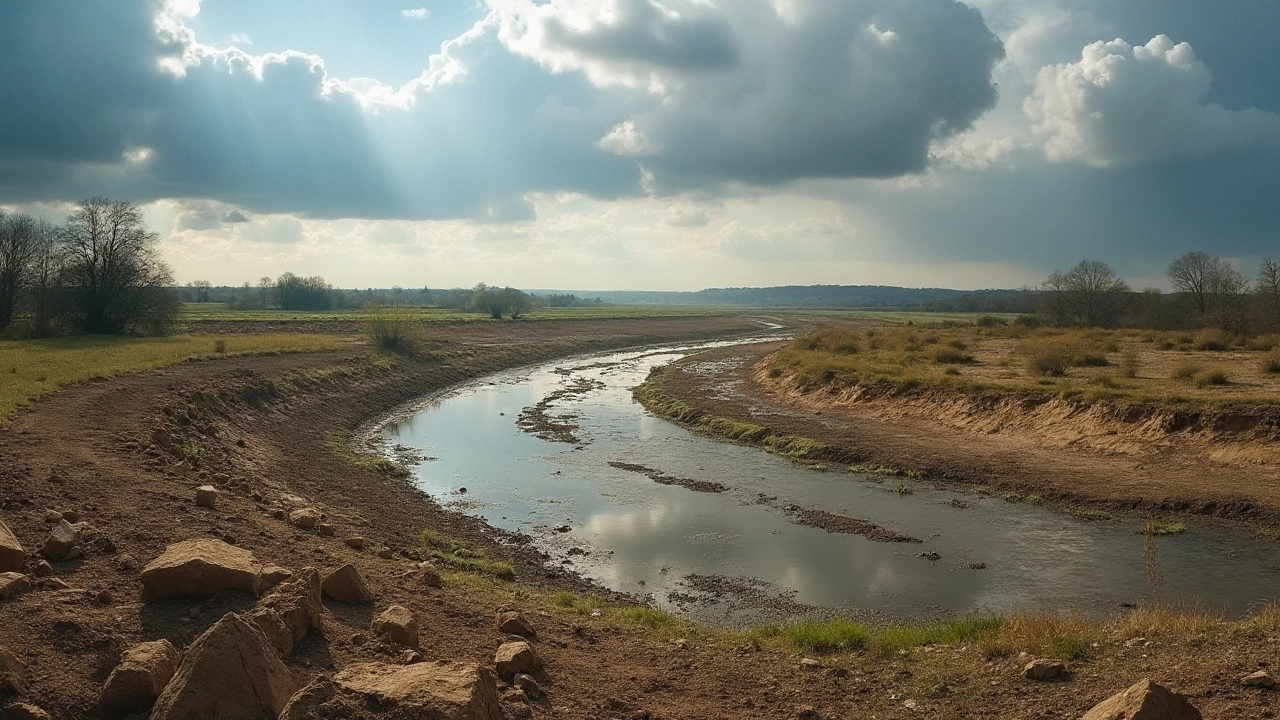Sustainability: Practical Ideas for a Greener Minehead Community
Want to make a real difference without needing a massive budget or a science degree? You’re in the right place. This page gathers simple, down‑to‑earth ideas you can start today, plus information about local projects that need extra hands. Whether you’re looking to cut down your own waste, help a neighbour, or join a group activity, we’ve got something useful for you.
Simple Everyday Changes
First up, think about what you do at home. Swapping single‑use plastic bags for reusable ones can cut a lot of waste in a year. Keep a basket at the kitchen door and fill it with cloth bags when you shop – the habit sticks fast. Next, look at your energy use. Turning off lights when you leave a room saves both money and carbon. If you have a plug‑in charger, unplug it when it’s not charging – those “vampire” draws add up.
Transport is another easy win. Walk or bike for short trips; you’ll feel better and lower emissions. If you drive, try car‑pooling with neighbours or friends, especially for weekly market runs. Even switching to a fuel‑efficient route on your GPS can shave a few pounds of CO₂ each month.
Food waste is a hidden culprit. Before you toss leftovers, think about repurposing them in a new meal. Freeze extra portions so they don’t spoil, and plan meals around what you already have in the fridge. Small steps like these add up and make your household greener without any big upheaval.
Local Projects and How to Join
Minehead has a lively set of community groups focused on sustainability. The town’s community garden near the harbour welcomes volunteers who can help with planting, weeding, or just sharing a story while we work. It’s a great way to meet neighbours and learn about growing food locally, which cuts down the carbon cost of transporting produce.
Beach clean‑ups run every second Saturday of the month. Grab a pair of gloves, a bag, and a friend, and you’ll be part of a crew that keeps our coastline beautiful and safe for wildlife. The organizers also provide quick talks on how plastic breaks down in the ocean – eye‑opening stuff you can share with others.
The U3A runs a monthly “Eco‑Workshop” series. Topics range from making natural cleaning products to understanding the basics of renewable energy. No prior experience needed; just bring your curiosity. Past sessions have been recorded, so you can watch them later if you miss the live class.
If you’re into recycling, the local council’s “Swap & Share” events let you trade items you no longer need instead of throwing them away. It’s a fun way to extend the life of things like books, tools, or toys, and you might discover something useful you never expected.
Want to start something new? The U3A can help you set up a small project, like a neighborhood compost bin or a mini‑energy audit for local homes. They’ll guide you through the paperwork, provide some starter kits, and connect you with volunteers who want to help.
Ready to get involved? Pick one of the ideas above, check the calendar on the U3A site, and sign up for a session that fits your schedule. Even a few minutes a week can add up to big changes for our town and the planet.
Remember, sustainability isn’t a race – it’s a series of small choices that build over time. Keep experimenting, share what works with friends, and enjoy the sense of community that grows when we all pull together.

Top Environmental Challenge: Addressing Climate Change Urgently
Climate change stands out as the most pressing environmental problem today. Driving unsustainable practices and resulting in global warming, it leads to extreme weather patterns and poses existential threats to biodiversity. This article explores climate change's root causes, profound impacts, and potential solutions, alongside what individuals and communities can do to make a difference.